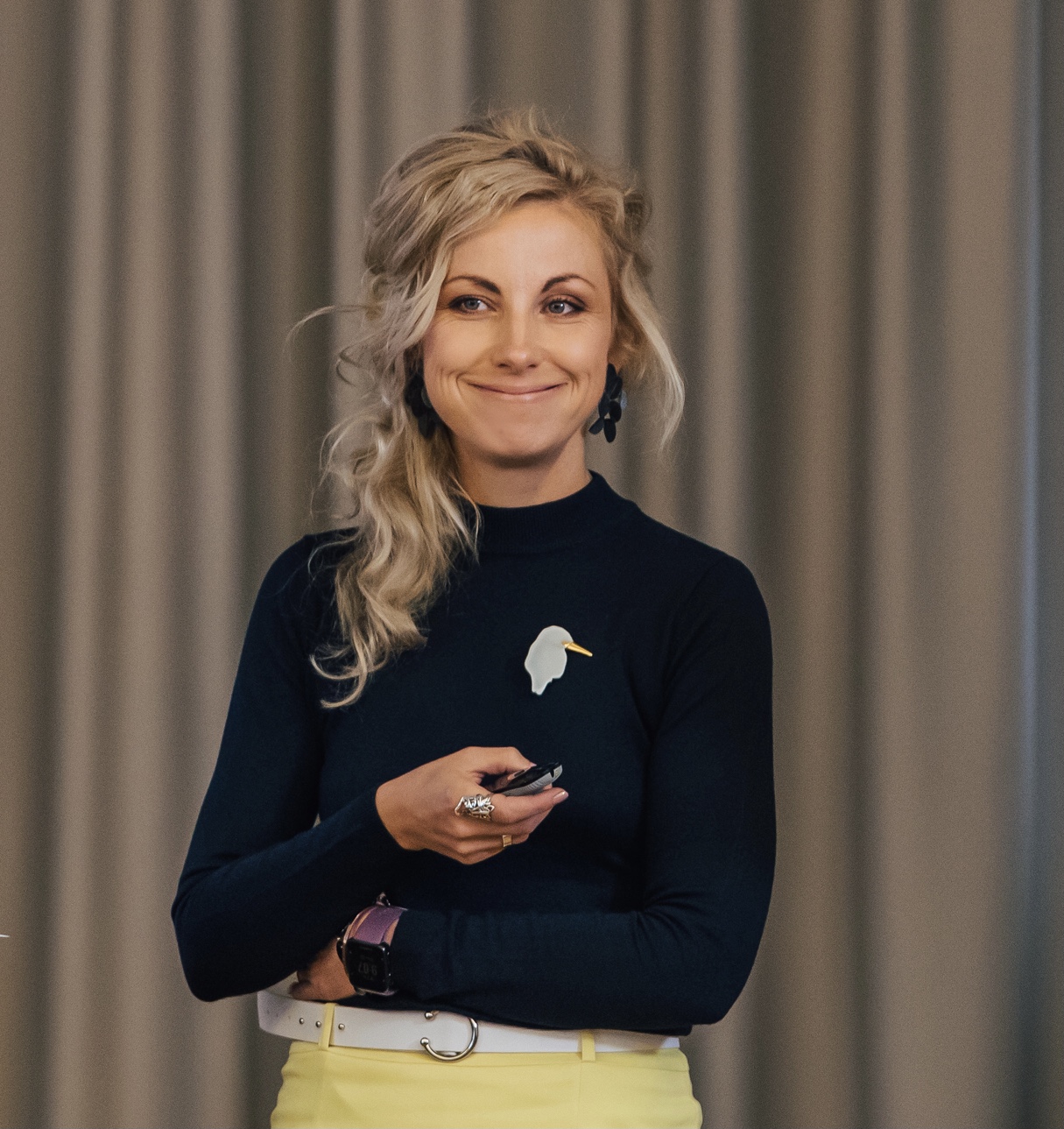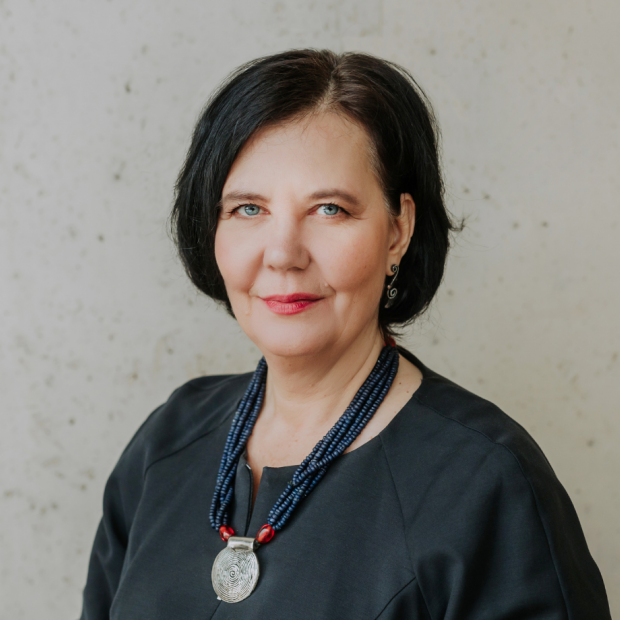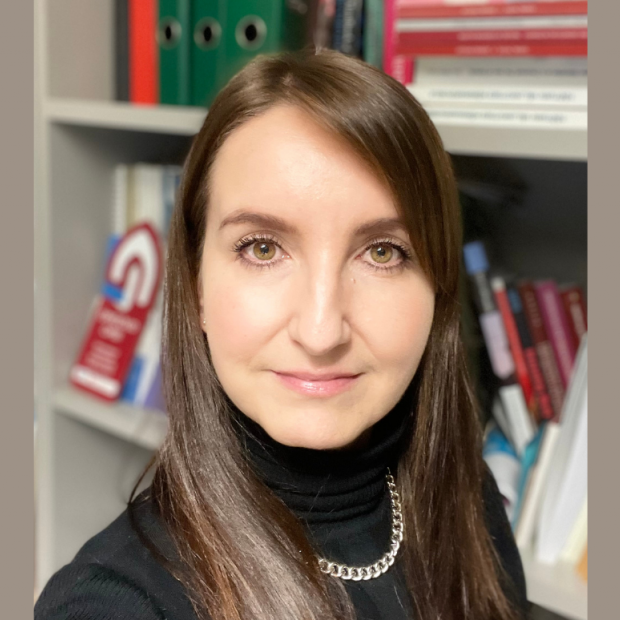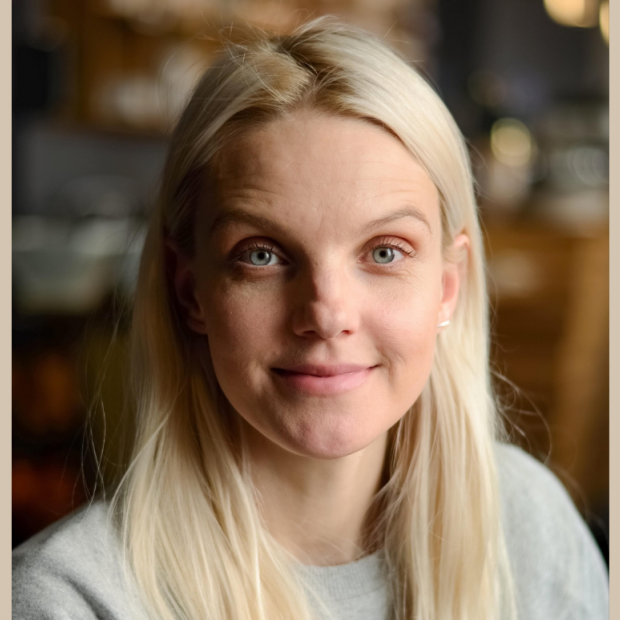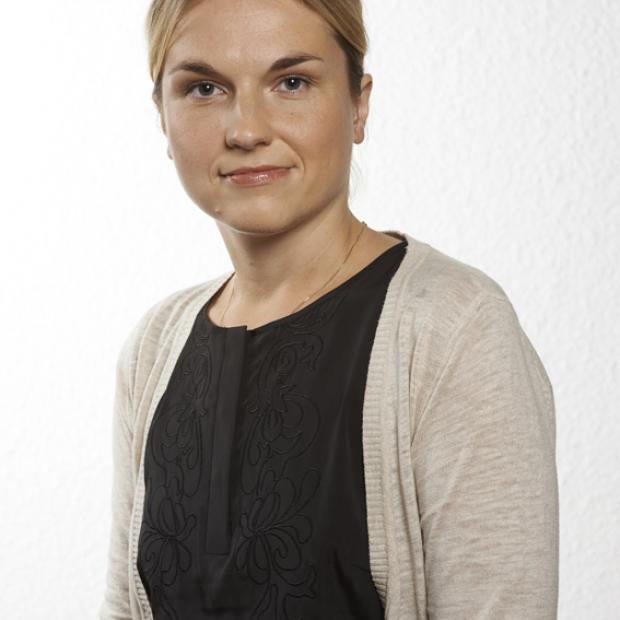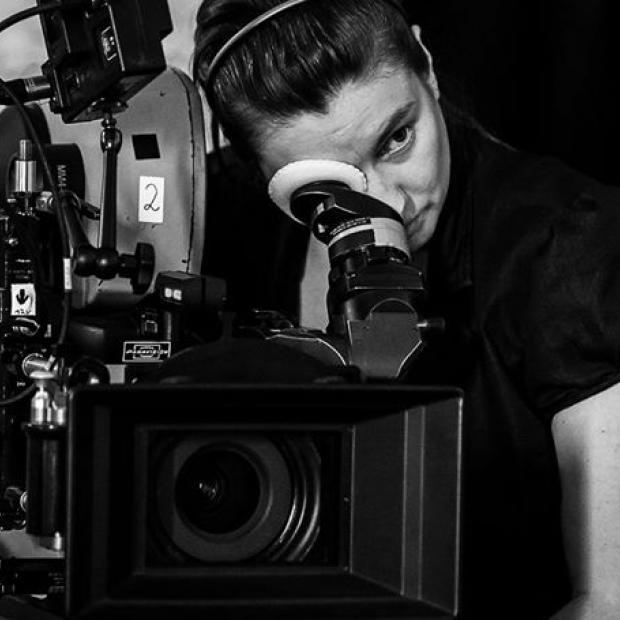Doctoral student devises ideal types of policy for creative economy
Külliki Tafel-Viia of the School of Governance, Law and Society of Tallinn University will defend her thesis entitled "Creative Industries and Policy Change: The Cases of European Cities" on 14 September 2021 at 16:00.

Even though many cities and countries have implemented creative industry policies, only a handful of previous studies have tried to understand the substantial differences between creative industry policies. The creative industry policies of European cities analysed in this thesis helped to identify three main characteristics (the focus or the goal of the creative industry policy, the type of measures enacted and the structure of coordination), which define the differences in the creative industry policies of different cities. Based on these characteristics, the doctoral student Külliki Tafel-Viia developed the following ideal creative industry policy types: (1) a city with a new face; (2) a cultural creative city; and (3) a city of creative industry entrepreneurship. The study concluded that these ideal types allow us to state that the debate over creative industry made policies in different cities rather similar. At the same time, the study has shown that the cities don’t fall entirely into one category but are rather a combination of two ideal types. This again hints that socio-cultural and institutional factors play an (equally) important role in creating a city’s creative industry policy.
The study has broadened the scope of other discussions related to policy transfer, focusing on the acceptance of policies. The student used the integral solution of social innovation which helped to identify factors that facilitate the acceptance of policies. Ms Tafel-Viia developed a framework comprising three creative industry policy-specific factors that facilitate interaction, helping to analyse the level of acceptance of a particular creative industry policy. She has found three factors to facilitate the acceptance of a top-to-bottom creative industry policy: (1) overall focus on the city’s creative industry policy (e.g. sector-specific or cross-sector approach); (2) (re-)structuring of the city’s creative industry policy governance model (e.g. network-based support structures, cross-departmental structures); and (3) the scope of the creative industry policy target audience and beneficiaries (e.g. creative industry sector, other sectors, population in general).
The third topic discussed in the thesis was the impact of creative industry debate on various policies and the links between them. “This study has proved the tendency that, when talking about creative industry, we need to talk about the wider convergence of several sectors if this has previously been discussed when defining creative industry. The analysis of creative industry policies has shown that creative industry is not defined only as the changes in a relationship between economy and culture but is actually related to the convergence of many sectors,” said Tafel-Viia.
Considering that the creative industry debate is by definition interdisciplinary, the thesis has clearly proved how important it is to handle creative industry debate across several disciplines. Different departments define creative industry policy and thus omit one or another aspect of it, which, in the end, limits the understanding of creative industry debate. An interdisciplinary approach allowed us to refute the discussion on the dominant role of creative industry debate on culture policy that prevails in theoretical literature; the analysis has more or less suggested that the debate has a role in shaping more (policy) sectors.
The public defence takes place in auditorium M648 at Tallinn University. The defence can also be viewed via Zoom.
The thesis supervisors are Tallinn University professor Indrek Ibrus and Tallinn University of Technology professor Tarmo Kalvet. The opponents are professor Philip Schlesinger from the University of Glasgow and co-professor Antti Juhana Ainamo from Tallinn University of Technology.
The dissertation is available in the ETERA digital environment of Tallinn University Academic Library.
